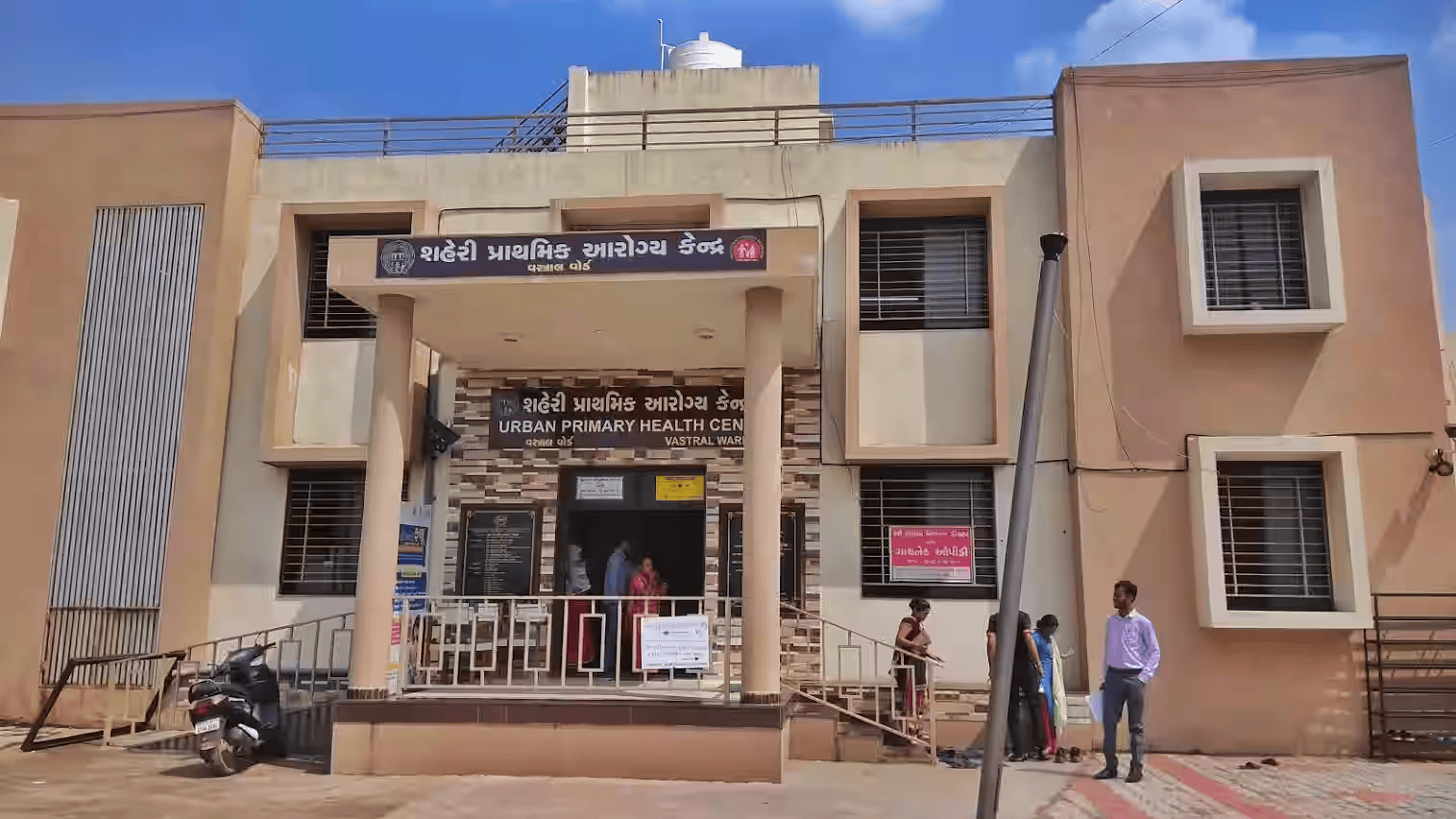Gandhinagar is poised to become the epicentre of a new wave of development as a significant portfolio of infrastructure and healthcare projects, valued at Rs 5,536 crore, is set to be inaugurated and launched during a high-profile event at Mahatma Mandir on May 27.
This marks a pivotal moment in Gujarat’s journey towards urban resilience, sustainability, and equitable healthcare access. A central feature of this development drive is the laying of the foundation stone for an 1,800-bed hospital within the Ahmedabad Civil Medical campus. Valued at Rs 588 crore, the hospital is expected to considerably strengthen healthcare delivery not just in the state capital but across neighbouring districts, aligning with the broader ambition to create healthier, more inclusive urban ecosystems. Further bolstering healthcare access, new initiatives worth Rs 672 crore will be unveiled, including the virtual inauguration of a modern satellite centre of the U.N. Mehta Institute of Cardiology and Research Centre.
Strategically situated within the Gandhinagar Civil Hospital premises, the Rs 84 crore cardiac and neuro care centre will serve as a lifeline for patients across North Gujarat, reducing travel time and ensuring timely critical care. These developments are not merely infrastructural expansions; they are signals of a deeper policy shift towards people-first urbanism. The emphasis on public health infrastructure demonstrates a growing awareness that future-ready cities must prioritise healthcare equity and resilience. In a post-pandemic world, cities investing in decentralised and scalable medical facilities are likely to reap both economic and human capital dividends. Meanwhile, a day prior to the Gandhinagar event, a series of high-value development projects cumulatively worth Rs 24,000 crore were launched in Dahod, further showcasing Gujarat’s aggressive approach to regional transformation. From transport logistics to civic amenities, these efforts represent a cohesive push towards long-term economic sustainability and infrastructure modernisation.
The timing of this announcement—coinciding with the anniversary of India’s shift in federal leadership—resonates with a deeper narrative. It underlines a decade of state-backed investments aimed at overhauling legacy systems and advancing a bold vision of self-reliant, innovation-led growth. Across sectors, from defence manufacturing to pharmaceuticals and public transportation, the larger goal remains consistent: reducing dependence on imports while empowering local industries. The development blueprint being laid out in Gujarat reinforces the state’s commitment to building environmentally sustainable, socially equitable, and economically competitive urban centres. The approach embraces the principles of low-carbon cities, access to quality health services, and inclusive infrastructure planning—all critical for India’s transition to a developed economy status.
In its essence, the rollout of these projects isn’t just about new buildings or budget numbers; it is about redefining the lived experiences of citizens through equitable service delivery and smart city design. For India’s rapidly urbanising landscape, such models offer a replicable path forward.
Also Read :Lucknow SCR Plan Unveils Outer Ring Road Connecting Six Districts


